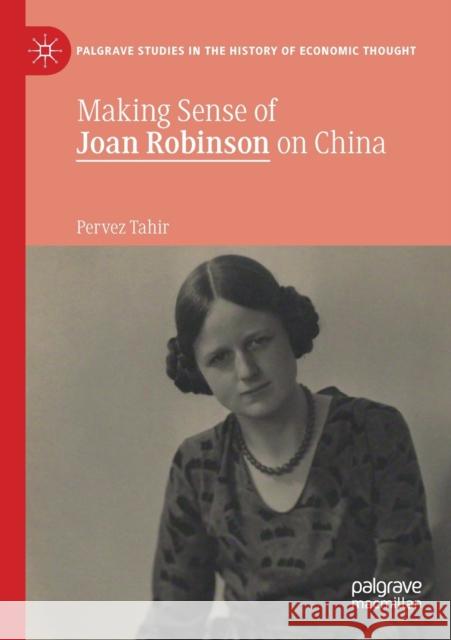Making Sense of Joan Robinson on China » książka
topmenu
Making Sense of Joan Robinson on China
ISBN-13: 9783030288273 / Angielski / Miękka / 2021 / 197 str.
Making Sense of Joan Robinson on China
ISBN-13: 9783030288273 / Angielski / Miękka / 2021 / 197 str.
cena 241,50
(netto: 230,00 VAT: 5%)
Najniższa cena z 30 dni: 231,29
(netto: 230,00 VAT: 5%)
Najniższa cena z 30 dni: 231,29
Termin realizacji zamówienia:
ok. 22 dni roboczych.
ok. 22 dni roboczych.
Darmowa dostawa!
Kategorie:
Kategorie BISAC:
Wydawca:
Palgrave MacMillan
Seria wydawnicza:
Język:
Angielski
ISBN-13:
9783030288273
Rok wydania:
2021
Wydanie:
2019
Numer serii:
000472522
Ilość stron:
197
Waga:
0.26 kg
Wymiary:
21.01 x 14.81 x 1.14
Oprawa:
Miękka
Wolumenów:
01
Dodatkowe informacje:
Wydanie ilustrowane











